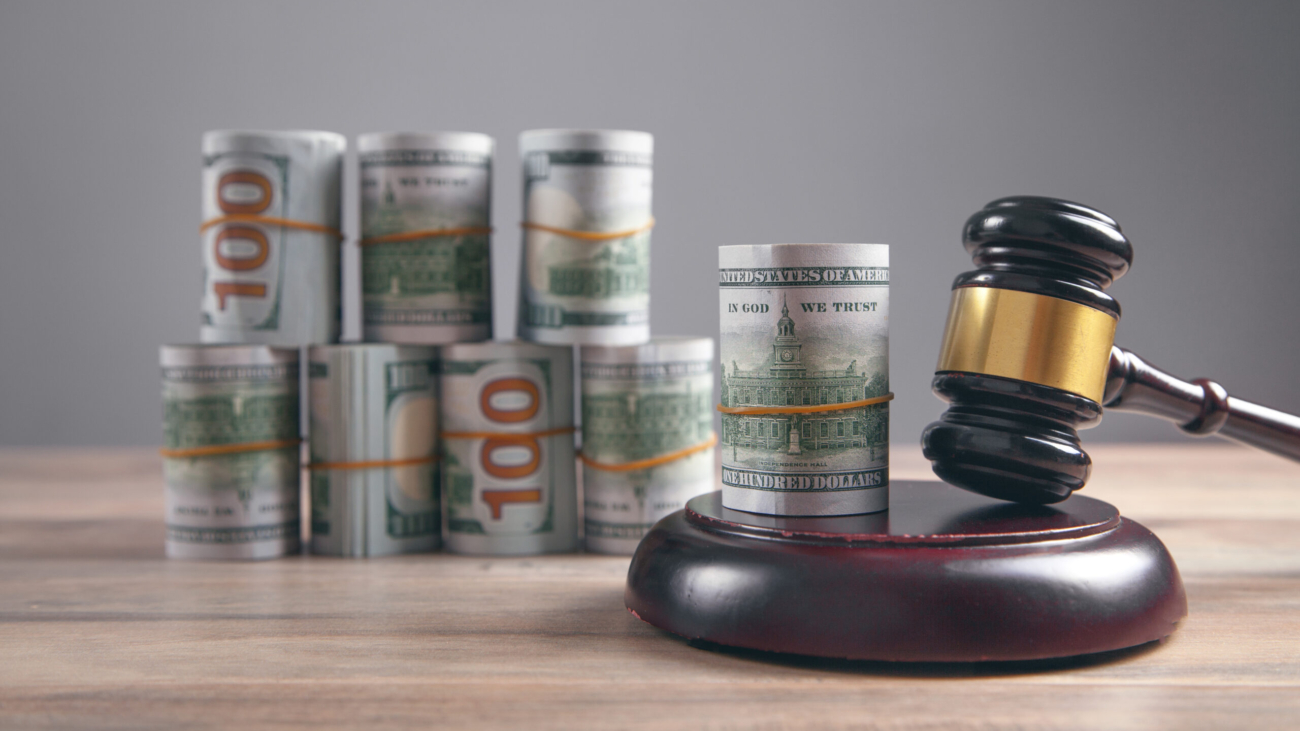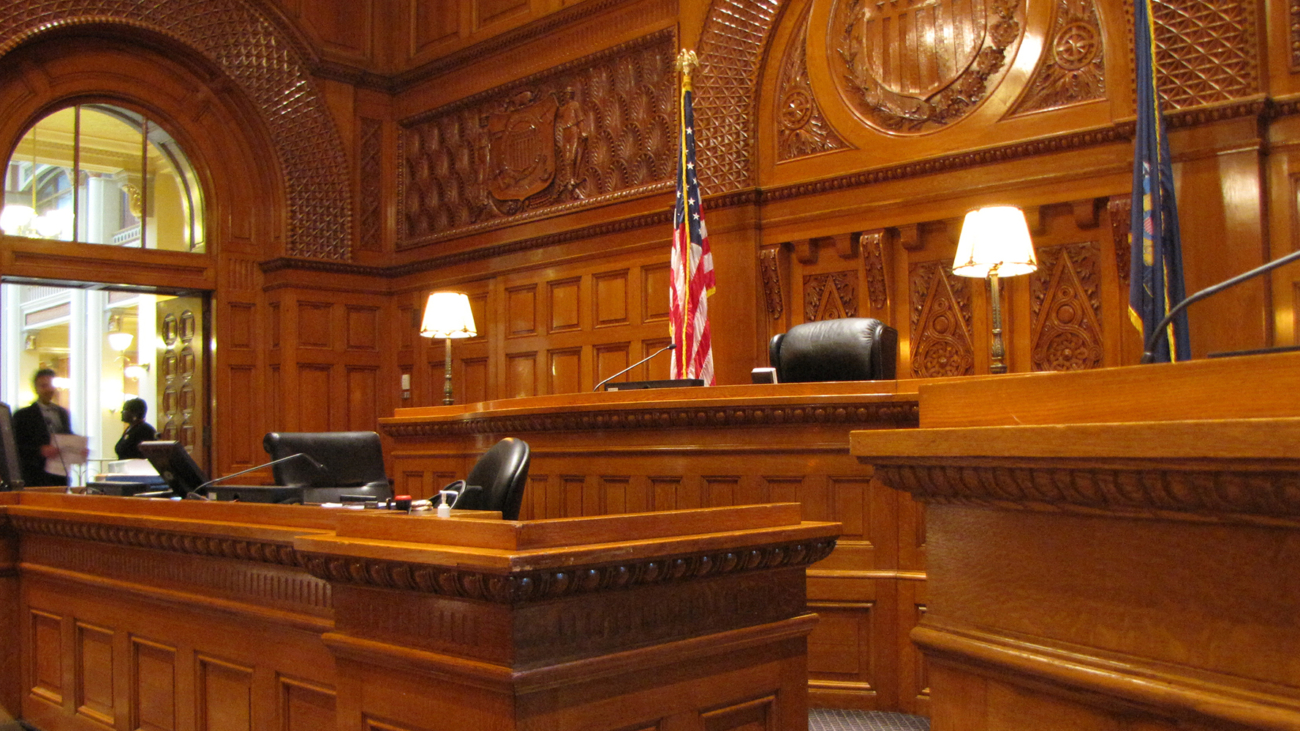Putting the Subjectivity Back in False Claims
The False Claims Act is a powerful tool used by the government and private citizens to ferret out and prosecute false claims. It is also an extraordinarily attractive device for whistleblowers who may claim they are the “original source” of information because it may lead to multi-million-dollar settlements and triple damages. The two major categories of false claims the government investigates are: (1) false claims in the healthcare space and (2) false claims in the government contractor space, especially defense contractors. Within that second category of false claims, the government, and its whistleblowers are targeting PPP fraud cases in various sectors.
Supreme Court Case- Returning to Subjectivity
Salivating whistleblowers aside, in a very recent False Claims Act Supreme Court Decision, the Supreme Court reversed a Seventh Circuit opinion that was favorable to the defense bar, but (and it’s a big “but”) the Supreme Court also made it very clear that the plain text of the Act and the word “knowingly” must be viewed through a subjective lens when district courts consider what amounts to false claims. It is not what an objective person should or would know, it is what the defendant subjectively understood or knew at the time of the supposed false claims to a government program. The reason that the government prevailed on appeal, (and why the government is now celebrating) is because the Seventh Circuit opinion turned traditional concepts of knowledge upside down when you consider false claims. And, as Justice Thomas reinforced:
What matters for an FCA case is whether the defendant knew the claim was false. Thus, if respondents correctly interpreted the relevant phrase and believed their claims were false, then they could have known their claims were false.
Simple. If you know what you are doing is wrong or understand (or have been told) that what you are doing is wrong then you cannot, in hindsight, try to then create an objectively reasonable interpretation of the defense after-the-fact. That makes no sense to me.
Greatest Hits from The Opinion
The opinion starts with a simple, straightforward concept:
The False Claims Act (FCA) imposes liability on anyone who “knowingly” submits a “false” claim to the Government. 31 U. S. C. §3729(a). In some cases, that rule is straightforward: If a law authorized payment of $100 for “each” medical test, and a doctor knows that he did five tests but submits a claim for ten, then he has knowingly submitted a false claim. But sometimes the rule is less clear. If a law authorized payment for only “customary” medical tests, some doctors might be confused when it came time for billing. And, while some doctors might honestly mistake what that term means, others might correctly understand whatever “customary” meant in this context—and submit claims that were inaccurate anyway.
- Page 8: “The FCA’s scienter element refers to respondents’ knowledge and subjective beliefs—not to what an objectively reasonable person may have known or believed.”
- Page 10: “On their face and at common law, the FCA’s standards focus primarily on what respondents thought and believed. First, the term “actual knowledge” refers to whether a person is “aware of” information. Second, the term “deliberate ignorance” encompasses defendants who are aware of a substantial risk that their statements are false, but intentionally avoid taking steps to confirm the statement’s truth or falsity. And, third, the term “reckless disregard” similarly captures defendants who are conscious of a substantial and unjustifiable risk that their claims are false, but submit the claims anyway. Again, that tracks traditional common-law fraud, which ordinarily “depends on a subjective test” and the defendant’s “culpable state of mind.” What typically matters at common law is whether the defendant made the false statement “without belief in its truth or recklessly, careless of whether it is true or false.” (all citations omitted/cleaned up)
- Pages 11-12: We assume (as the District Court ruled in SuperValu’s case) that respondents’ “usual and customary” prices were their discounted ones; if so, it might have been a forgivable mistake if respondents had honestly read the phrase as referring to retail prices, not discounted prices. But the Seventh Circuit did not hold that respondents made an honest mistake; it held that, because other people might make an honest mistake, defendants’ subjective beliefs became irrelevant to their scienter.”
- Pages 12-13: To illustrate why consider a hypothetical driver who sees a road sign that says “Drive Only Reasonable Speeds.” That driver, without any more information, might have no way of knowing what speeds are reasonable and what speeds are too fast. But then assume that the same driver was informed earlier in the day by a police officer that speeds over 50 mph are unreasonable and then noticed that all the other cars around him are going only 48 mph. In that case, the driver might know that “Reasonable Speeds” are anything under 50 mph; or, at the least, he might be aware of an unjustifiably high risk that anything over 50 mph is unreasonable. Indeed, if the same police officer later pulled the driver over, we imagine that he would be hard pressed to argue that some other person might have understood the sign to allow driving at 80 mph.
Final Takeaways
Each of these significant passages from the opinion more than amply demonstrate that proving scienter under the False Claims Act is not automatic. The opinion may not have any practical impact on motions to dismiss and the application of the stringent 9(b) pleading standard, but it should make a difference at the summary judgment phase. And, it should make an even bigger difference during a trial. Defense lawyers would be well-advised to incorporate the critical portions of the opinion into jury instructions and even theory of the defense jury instructions and then use those same instructions in closing arguments to convey their message to the jury.
Mr. Feldman and the Firm defend health care providers and organizations and government contractors against false claims allegations in False Claims Act investigations and civil investigations.






